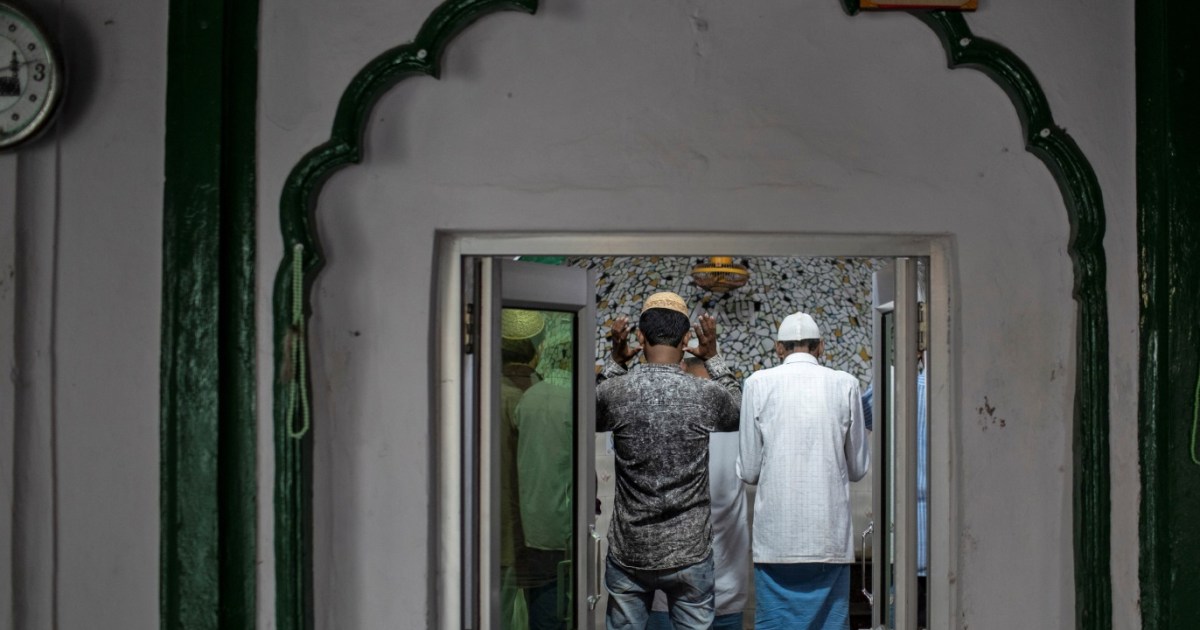Writer Brakha Dutt commented on the ruling of the Supreme Court of India regarding the location of the Babri Mosque, that this decision - which came three decades later - led to the law closing one of the most divisive religious disputes of this era, and paved the way for the construction of a Hindu temple on the site.
Dot - an Indian TV journalist and broadcaster - indicated that although the response to the ruling has so far subsided, it will take some time to find out whether the reason is fatigue, intergenerational transformation or divergence in power between Hindus and Muslims, and she considers that the consequence It may be fatal.
In her article in The Washington Post, she added that the real shutdown will actually depend on how India handles more than 175 million Muslim citizens, and anything other than equitable justice will only leave deep scars and serious wounds.
Dot stated that the decision would allow the ruling Bharatiya Janata Party and the government of Prime Minister Narendra Modi to further enhance their political fortunes, while building the temple before the elections in India's most politically important state of Uttar Pradesh.
The author cautioned that although there have been no violent incidents, protests or special celebrations since the judgment was announced last Saturday, this should not mean indifference.
And she added that if this requires the acceptance of Muslims to build the Ram Temple at the site, then Hindu groups must pay equal attention to the court, and says that the demolition of the mosque was a "serious violation of the rule of law", and that "it is necessary to provide compensation to the Muslim community for the unlawful destruction of a place Worship them, "and this will not be possible unless those responsible for the demolition of the Babri Mosque are punished.
She said ideologists must also at this moment show comfort and compassion for Muslim citizens, and one way to curb any joy for the majority in its infancy is for Modi to reshape the most controversial Hindu politics. As a start, the proposed new legislation on citizenship rights that links citizenship to religion and enables only non-Muslim refugees or immigrants from neighboring countries to become Indian citizens, and the discrimination against Muslims, must be changed or changed.
Dot said that India owes Muslim citizens the treatment of this sense of political marginalization that was evident in the 2019 elections when the ruling party presented only seven Muslim candidates - and in the 2017 elections in Uttar Pradesh - where the temple will be built - when the party did not provide any Muslim candidate.
And concluded her article that for the sake of true reconciliation the temple and mosque, which was approved by the court for Muslims in a neighboring place, should be opened on the same day and with the same celebrations.

